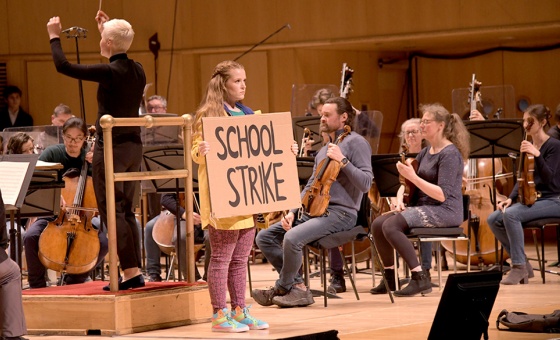This is the last article you can read this month
You can read more article this month
You can read more articles this month
Sorry your limit is up for this month
Reset on:
Please help support the Morning Star by subscribing here
MORE than 400,000 NHS workers are set to be balloted for strike action over plummeting take-home pay, their union has announced, as the biggest strike wave to sweep Britain since the 1980s continues to grow.
Health union Unison said that its members — ranging from nursing staff and ambulance crews to hospital porters and cleaners — will start voting across England, Wales and Northern Ireland on October 27.
Nurses, midwives, ambulance crews and physiotherapists represented by Unite, GMB and the Royal College of Nursing are also being consulted following more than a decade of Tory austerity wages and the creeping privatisation of services.
Almost a million health workers could be involved in strikes and other forms of industrial action before Christmas.
Unison general secretary Christina McAnea said the government’s decision to award a below-inflation £1,400 pay rise in the summer had sparked widespread anger and more resignations from already overstretched vital services.
She accused ministers of treating unions as the “enemy within” and of ignoring pleas to discuss salaries in a bid to avert industrial action.
“They don’t want to talk to us — they want to demonise us,” Ms McAnea said.
“The NHS is haemorrhaging staff and cannot recruit new employees, partly because pay is so low.”
Ms McAnea said there would be so-called “life and limb” coverage in the event of walkouts, but she argued many hospitals are already operating at such staffing levels because of the NHS recruitment crisis.
Last week, new Health Secretary Therese Coffey rejected any prospect of an improved pay offer, saying nurses can leave the service “if they want to.”
NHS workers last went on strike over pay across England in 2014, while the most recent Britain-wide walkout concerning health worker salaries was in 1982.










